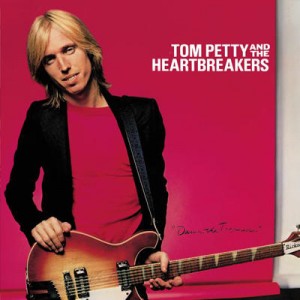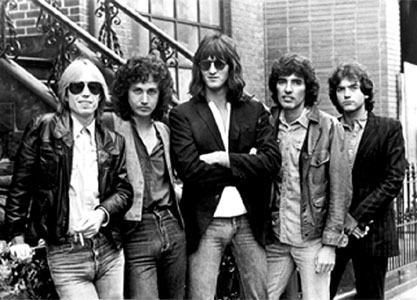
The First Album That Anthologized Tom Petty & The Heartbreakers' Work, "Greatest Hits" (1993) Will Always Remain An Excellent Introduction To Their Music On The Whole. One Of The "New" Tracks ("Mary Jane's Last Dance") Was To Became A True Staple In Its Own Right.
Tom Petty’s very first retrospective, “Greatest Hits” (1993) would become one of his best-selling albums ever. It included all the seminal tracks he recorded both with the Heartbreakers and as a solo artist. These include “American Girl” and “Breakdown” from the debut, the four best tracks from the breakthrough album “Damn The Torpedoes” (Refugee”, “Here Comes My Girl”, “Even The Losers” and the ultra-successful “Don’t Do Me Like That” – is it me, or it has been slightly remixed?) and the sole hit from “Southern Accents”, “Don’t Come Around Here No More”. It also has two of his best ‘80s tracks in the shape of “The Waiting” and the synth-soaked “You Got Lucky”.
Finally, “Learning To Fly” and “Into The Great Wide Open” come from “Into The Great Wide Open” (1991) and the three best cuts from Petty’s only solo album up to that point (“Full Moon Fever”, 1989) are featured (“I Won’t Back Down”, “Running Down A Dream” and the dizzying “Free Falling”). Continue reading


